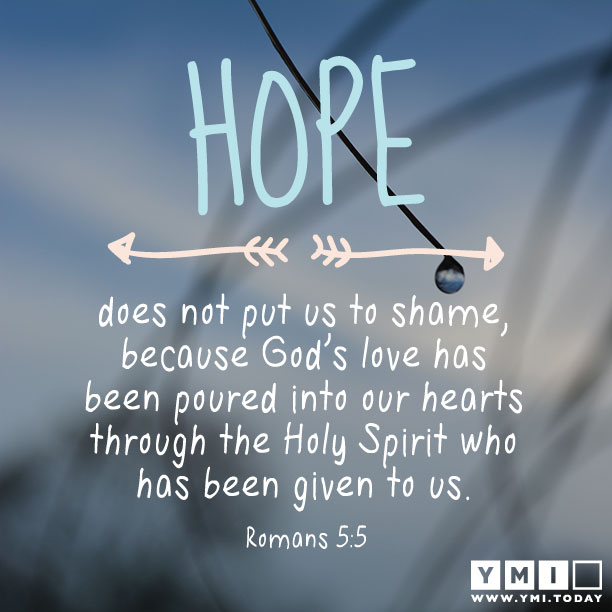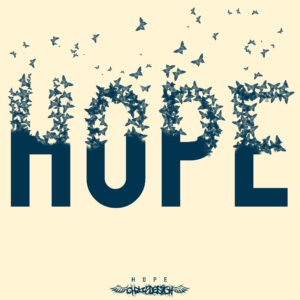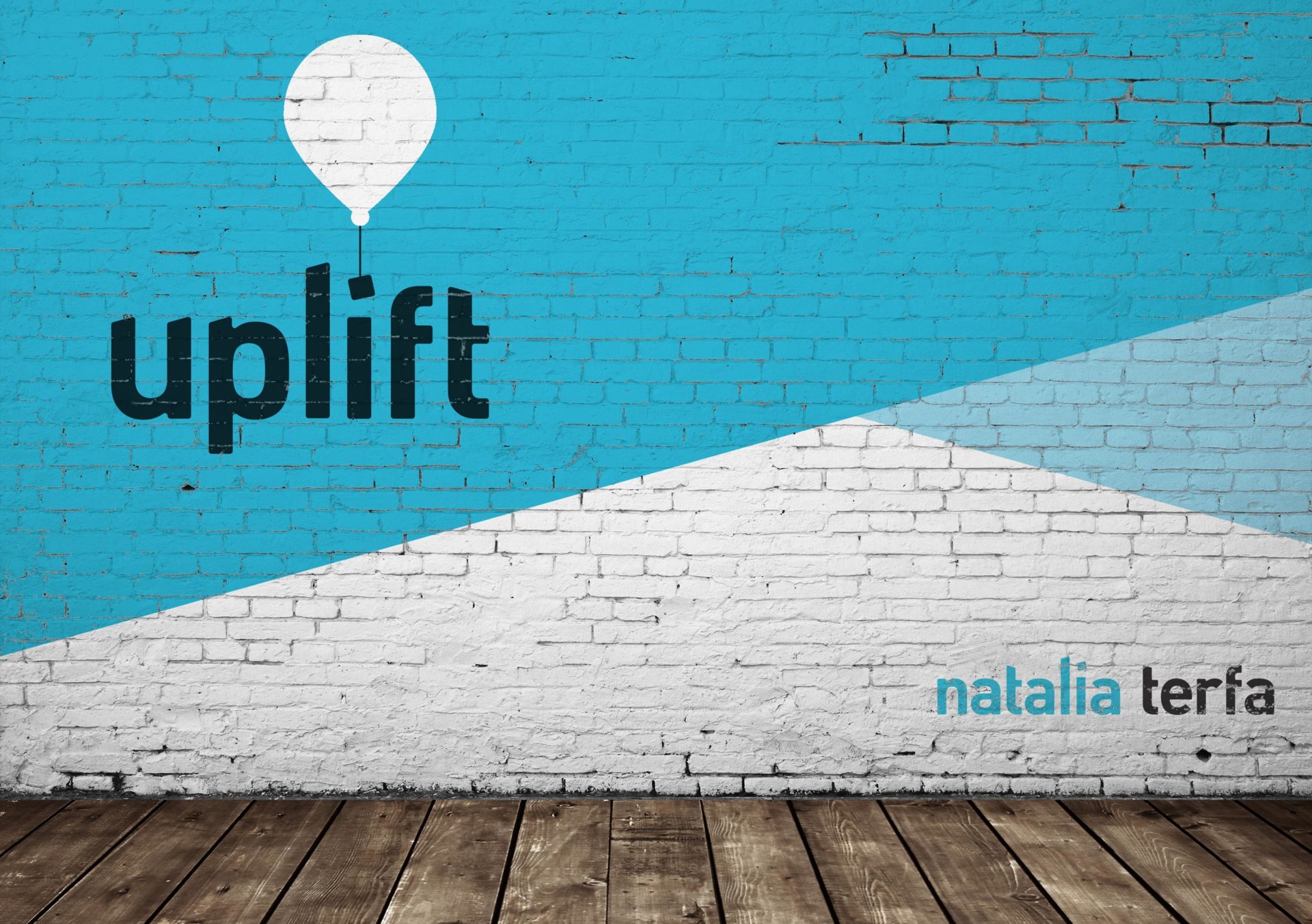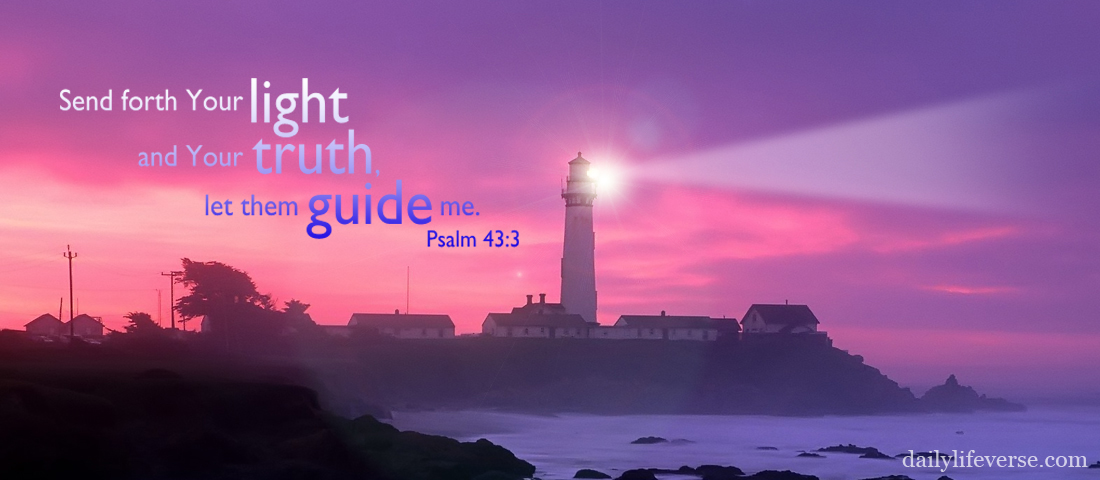Sermons are meant to be heard, not just read – so listen along HERE.
Scripture: Isaiah 63:7-9, Matthew 2:13-21
Title: Be it Resolved
Happy New Year!
I don’t know what brought you here this morning – maybe, like me, you no longer stay up to watch the transition between years, and so since you were up anyway, here you are.
Maybe your last few days or weeks haven’t been the greatest for you and you needed this place on this day.
Maybe you came this morning because you’ve resolved to come to church more, and it would seem like a bad start to miss the FIRST SUNDAY of the new year.
Whatever brought you here today – welcome. Good morning. Happy New Year.
This morning’s texts give us a quick departure from the happiness of the holiday season. Many of us are still right in the midst of parties and joyful gatherings, some today and tomorrow even.
So it’s difficult to come to church and hear such a dark text in today’s Gospel.
And yet – it doesn’t really feel all that out of place.
How many of you have a new year’s resolution?
Why do we resolve new things each year? To be resolved is to decide firmly on a course of action. And in a time of transition like a new year, it feels like the right time to make resolutions.
I think we like the new beginning, the feeling of a fresh start, especially after a sometimes unexpectedly tough year.
Many of us have experienced a really difficult 2016, losing loved ones, some feeling their safety in the world is compromised, others experiencing health scares and losses of independence.
It’s 2017 today – and no matter how much we want it to, somehow a new year doesn’t just erase all of the things that have happened.
Oh we want it to.
But it doesn’t.
So here we are, come to church with our fresh outlook on 2017, ready to begin anew with light and life and love and we hear about darkness and fear and death.
13 Now after they had left, an angel of the Lord appeared to Joseph in a dream and said, “Get up, take the child and his mother, and flee to Egypt, and remain there until I tell you; for Herod is about to search for the child, to destroy him.” 14 Then Joseph got up, took the child and his mother by night, and went to Egypt, 15 and remained there until the death of Herod.
For the family of Jesus, the joy and celebrations of his birth are literally just ending, the visitors are heading home, Mary can finally get some rest, and then Joseph is visited by an angel in a dream.
The angel doesn’t bring good news this time, doesn’t tell him to not be afraid, no, this angel tells Joseph to leave because he is in danger.
Go… flee.
The word used there implies action, and quick action.
Don’t take your time Joseph. Go. Go now.
And he does.
Joseph gets up, and in the cover of night, the family runs away to Egypt.
Do you know what word is defined as: “a person who has been forced to leave their country in order to escape war, persecution, or natural disaster” ?
Refugee.
Jesus and his family were refugees.
Last year during our Good Friday services, we read sonnets about the road to the cross written by poet Malcolm Guite. He has written a poem called “Refugee” about this Sunday’s Gospel and I’d like to read a part of it here this morning:
Refugee – by Malcolm Guite
We think of him as safe beneath the steeple,
Or cosy in a crib beside the font,
But he is with a million displaced people
On the long road of weariness and want.
For even as we sing our final carol
His family is up and on that road,
Fleeing the wrath of someone else’s quarrel,
Glancing behind and shouldering their load.
Jesus, son of God, was a refugee.
I don’t think we like to think about this.
I think it actually makes us pretty uncomfortable.
We like to think of the birth of Jesus like a warm happy glowing Christmas card.
Peace on earth, goodwill toward all.
But that is not the world which Christ was born into.
No, Christ was born into Herod’s world.
And Herod was not the best guy.
He was a powerful ruler who had just heard there was a baby born that was going to rule the world.
If you were the guy in charge, and heard this, it might not be good news to you like it was to the shepherds and outcasts and those under Roman rule.
If you were the Roman ruler, this was definitely BAD news.
So Herod acts.
Christ comes into the world.
And then is run out of his home because of violence and hatred.
Jesus and his family, running for their lives, go to Egypt.
What do the Egyptians do?
When faced with the refugee crisis in today’s Gospel, what do they do?
Maybe they should legislate.
Maybe they will turn it into a political issue.
Maybe they ignore the humanity of Jesus and instead call him a foreigner.
He’s not like us, they say.
Maybe they should even ban him coming in altogether.
We need to take care of ourselves – they say – that’s what we should do.
Imagine if this is the way the people in Egypt responded.
What would we think of them?
That is the world Christ is born into.
And – and this is important – this is still the world Christ is born into.
When we gather and celebrate Christ coming into the world we can all acknowledge that even today the world is not warm and peaceful and glowing.
The world today is still broken, still angry, still fearful.
And when Christ comes into this world – the gospel today reminds us exactly where Christ is.
He is not with the person in power.
He is not helping or acting on behalf of the person in power.
No.
His very life is threatened and he makes a run for safety.
Christ, Emmanuel, God with us, is a refugee.
We shouldn’t pick sides…Maybe that’s what you’re thinking today.
That I’ve picked a side.
And my response is you bet I have.
So should you.
Because God has already picked a side.
And it’s not here.
It’s not in this room.
It’s with those to whom his coming is good news.
And today – the good news is for the refugee.
Anglican priest Joy Carroll Wallis once said that
“We Christians like to talk about putting Christ back into Christmas, but let’s not forget to put Herod back into Christmas. Herod represents the dark side of the gospel. He reminds us that Jesus didn’t enter a world of sparkly Christmas cards or a world of warm spiritual sentiment. Jesus enters a world of real pain, of serious dysfunction, a world of brokenness and political oppression. Jesus was born an outcast, a homeless person, a refugee, and finally he becomes a victim to the powers that be. Jesus is the perfect savior for outcasts, refugees, and nobodies.”
Today’s Gospel is messy.
It’s not warm and cozy.
It’s violent and angry and hard to hear.
But it’s a reminder that God didn’t enter a perfect world.
It’s a reminder that God isn’t just with us in the warm cozy joyful moments, but that when God came to be with us God entered a broken, violent, messed up world too.
Then and now.
God is with us in all of it.
So here we are.
Welcoming Christ into the world yet again.
As we heard on Christmas – “for unto YOU is born a savior”
You.
Me.
Christ has come to us, for all of us.
For the whole world.
Only now we know how the story ends.
For we move from the beginning of the good news, the “for you” found in that little baby in a manger,
to the rest of it – for it was on the night on which he was betrayed, when our lord Jesus took bread, broke it, gave it to the disciples and said, take and eat, this is my body, broken for YOU.
End of worship closing:
So on this first day of 2017, as we start to think about the things we want to resolve to be or do in the coming year – I want you to try a new kind of resolution with me.
Can we try this together?
I want us to resolve to look for Jesus in the world around us…in those who are on the outside, who feel oppressed, who are fearful, who are hurting.
I want us to resolve to try harder to understand our world is not the whole world. To understand that if we’re honest, we look for Christ where we’re comfortable going, and not necessarily where he really is.
I want us to resolve to be the love of God in the world – no matter who we are with, where we go, or who we encounter.
Christ has shown us which side he is on.
Let’s resolve to be with Christ, as Christ has already resolved to be with us.
There are a few organizations that do important and helpful and ethical work with refugees – right now, on the ground, in Aleppo. Please consider giving them your support:
* Lutheran World Relief
* Pre-Emptive Love
* White Helmets
* Doctors Without Borders
* Save the Children
* Together Rising

















